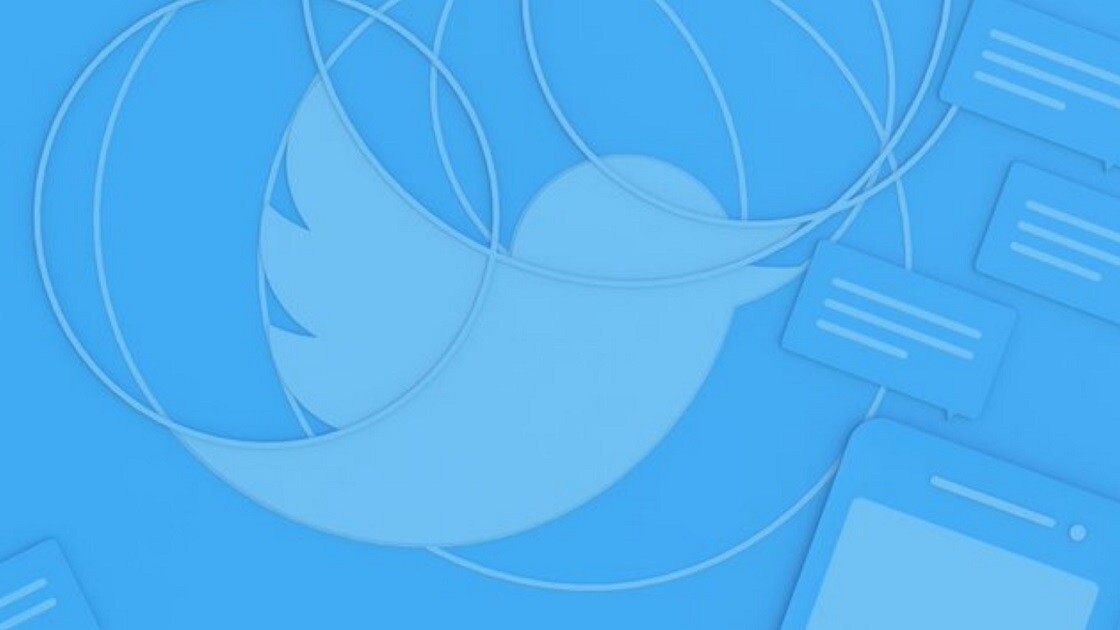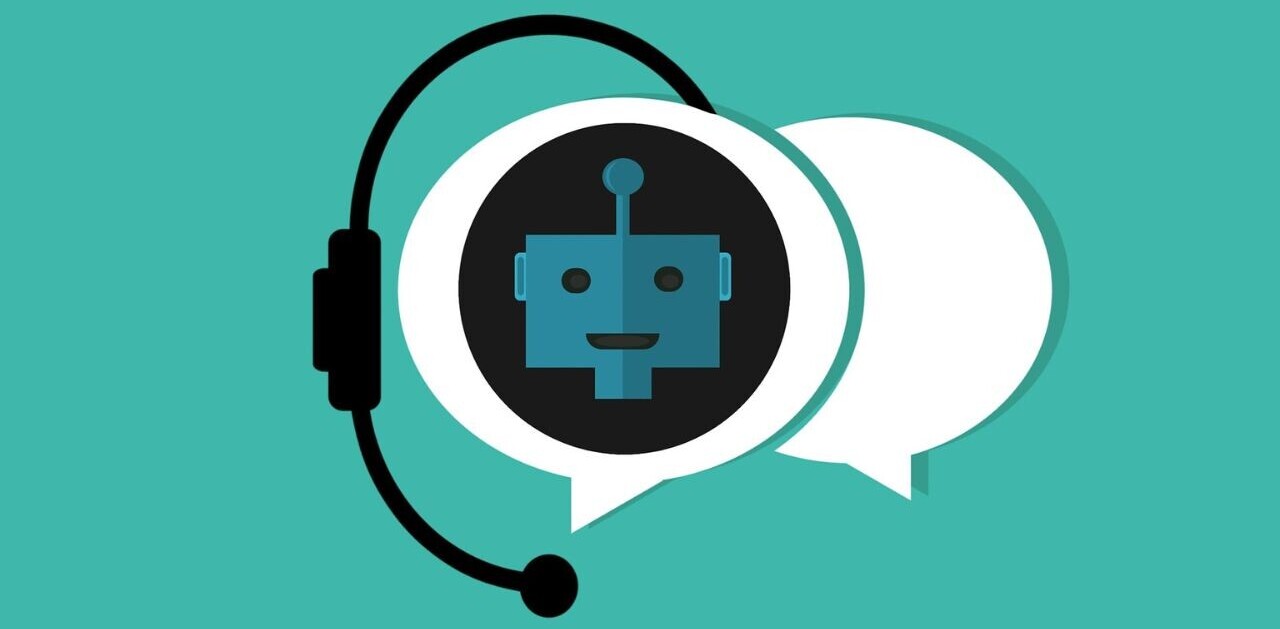
Twitter today revealed its list of rules specific to world leaders, and exactly what they can and can’t do. It also revealed how it intends to punish them should they step over the line… but it’s probably not the punishment critics are hoping for.
In a new post to its blog, Twitter addressed a topic that’s been the center of much controversy: how much punitive action can (or should) Twitter take against important public figures when they violate the platform rules. It pleaded for sympathy, saying “We understand the desire for our decisions to be “yes/no” binaries, but it’s not that simple. The actions we take and policies we develop will set precedent around online speech and we owe it to the people we serve to be deliberate and considered in what we do.”
There continues to be meaningful public conversation about how we think about Tweets from world leaders on our service. We welcome the conversation and want to share more context on our principles and process for reviewing Tweets from these accounts. https://t.co/UlbdUVIeV9
— Twitter Safety (@TwitterSafety) October 15, 2019
Specifically, it said that it would “focus on the language of reported Tweets and do not attempt to determine all potential interpretations of the content or its intent” and that, even if the tweet violates the rules, it might still be left up if there’s a “clear public interest value” in it.
Twitter did go out of its way to say that world leaders “are not above our policies entirely” (emphasis Twitter’s), and that it would censure world leaders if they crossed very particular lines. So in order for Twitter to crack the whip, the figurative world leader would have to:
- Promote terrorism
- Engage in child sexual abuse or exploitation
- Promote self-harm
- Share intimate pictures of someone taken or distributed without the subject’s consent
- Post private info like addresses or phone numbers
- Use clear and direct threats of violence against an individual
That last rule has some leeway to it. According to Twitter, “direct interactions with fellow public figures and/or commentary on political and foreign policy issues would likely not result in enforcement,” and “direct interactions with fellow public figures, comments on political issues of the day, or foreign policy saber-rattling on economic or military issues are generally not in violation of the Twitter Rules.”
Still, for all those garden-variety tweets that might violate Twitter’s rules, Twitter is apparently implementing a “quiet” policy. According to the post, it’ll put the offending tweets behind a notice letting users know what they’re about to see breaks the site’s rules. It also said in a follow-up tweet that “you will not be able to like, reply, share, or Retweet the Tweet in question. You will still be able to express your opinion with Retweet with Comment.”
I don’t envy the position Twitter finds itself in. It’s one of the most popular spaces for public discussion in the world — and that world leaders want space to speak there too. You could just ban them, but in today’s political and social climate, that seems like a foolish thing to do. As pointed out in the blog, “[We] recognize that this is largely new ground and unprecedented.
Still, it’s odd to see that the answer to, “What should we do when a world leader gets a little out of hand?” is “Restrict everyone else from reacting to them directly.”
We wish them the best of luck with this method. They’re going to need it once someone decides to test it.
Get the TNW newsletter
Get the most important tech news in your inbox each week.




